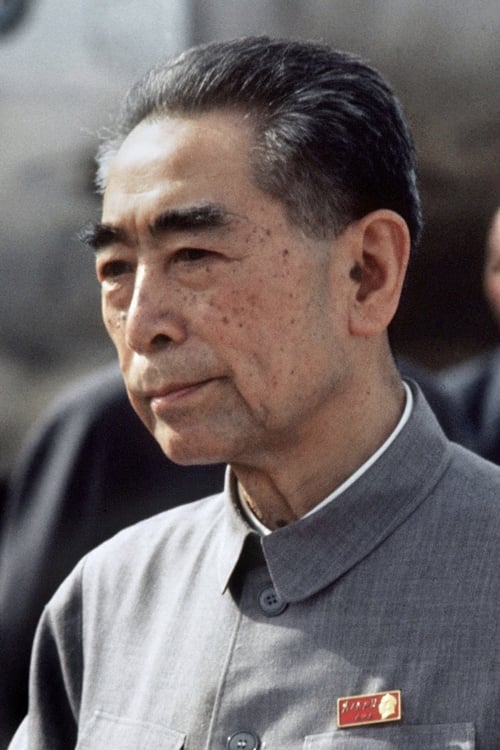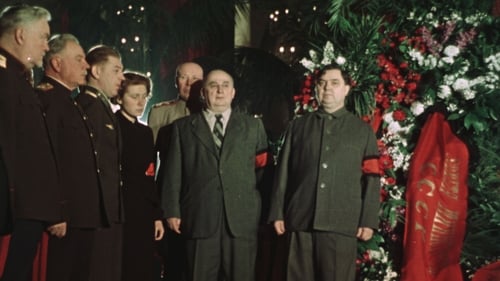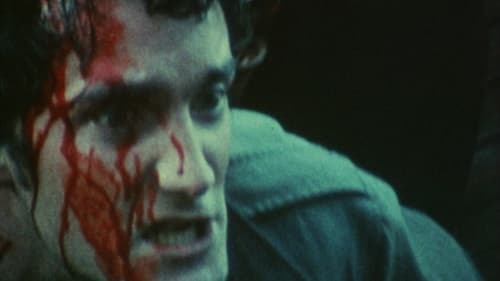Zhou Enlai
Birth : 1898-03-05, Jiangsu, China
Death : 1976-01-08
History
Zhou Enlai (5 March 1898 – 8 January 1976) was the first Premier of the People's Republic of China. From October 1949 until his death in January 1976, Zhou was China's head of government. Zhou served under Chairman Mao Zedong and helped the Communist Party rise to power, later helping consolidate its control, form its foreign policy, and develop the Chinese economy.
Description above from the Wikipedia article Zhou Enlai, licensed under CC-BY-SA, full list of contributors on Wikipedia.




